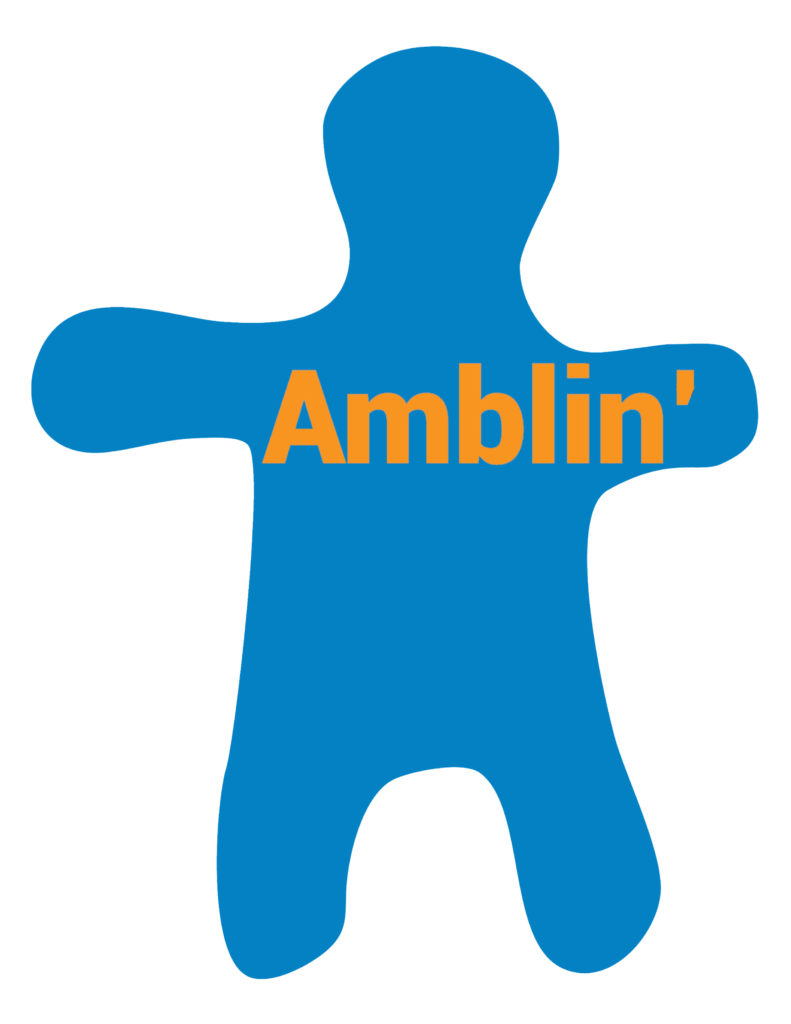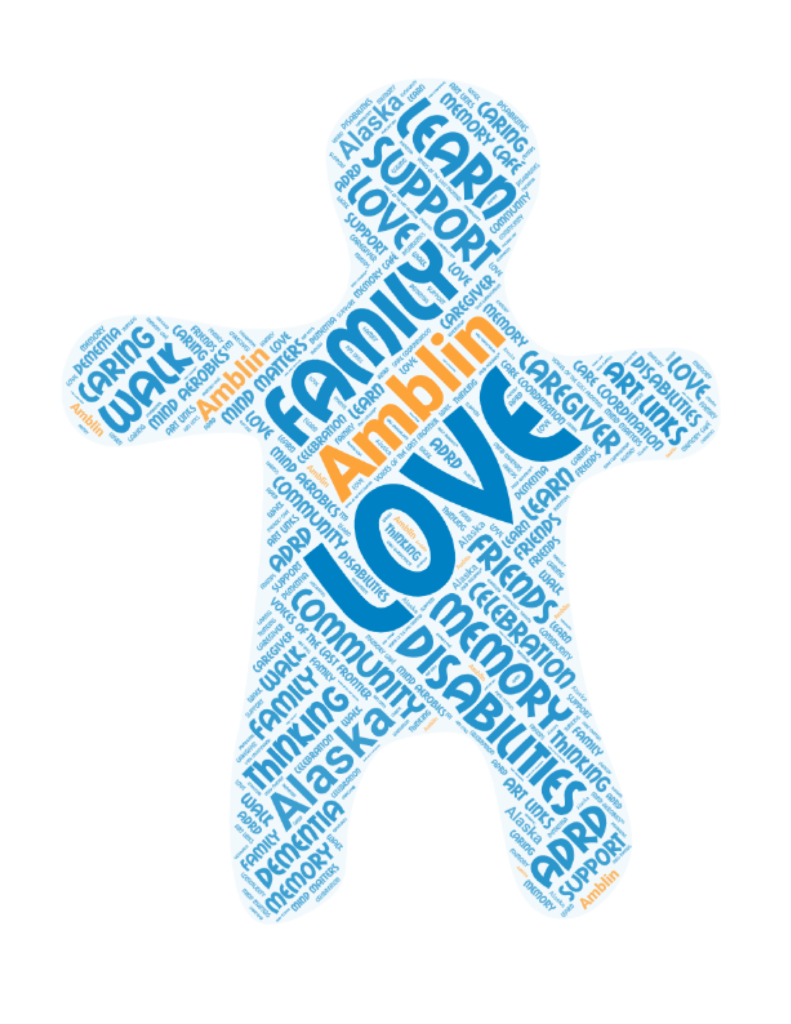What’s Good for the
Heart is Good for the Brain
Practical Steps You Can Take to Keep your Brain Healthy

Alzheimer’s disease and related dementias (ADRD) are “irreversible, progressive brain diseases that slowly destroys memory and thinking skills, eventually even [destroying] the ability to carry out the simplest tasks” (National Institute on Aging).
Am I at Risk for Alzheimer’s Disease(AD) or Related Dementias (ADRD)?
It is estimated that over 15 million Americans will have AD by 2050 (Alzheimer’s Disease Research). Odds are that you or someone you love will be affected by an ADRD as you age.
Although the risk of developing an ADRD increases with age, these dementias are not a part of normal aging. Furthermore, although genes do play a role in the development of some of these dementias, having a history of an ADRD in your family does not guarantee that you will have one of the dementias someday.
The opposite is also true: just because you do not have a family history of any of these dementias does not guarantee that you will not develop an ADRD someday. Everyone is at risk.
What Can I Do to “Prevent” Alzheimer’s Disease or Related Dementias?
At this point, there is nothing that will absolutely prevent an ADRD. However, there are things one can do to potentially minimize the symptoms of dementia. Although aging and genetics are two risk factors you cannot control, there are many simple lifestyle changes you can make today to increase your overall brain health and wellbeing.

If you have heard about strategies to improve your heart’s health, you already know ways to improve your brain health. You may already know that eating right and exercising can help you to prevent heart disease by lowering your cholesterol and blood pressure, but did you know that these same healthy behaviors could also help to delay or prevent the appearance of dementia?
The brain is one of the most active organs in the body. Your heart pumps about 20% of your blood to your brain, where oxygen and nutrients are used. Any condition that damages the blood vessels in your brain or keeps your heart from pumping efficiently can deprive your brain from getting the nutrients it needs and stop new brain cells from forming.
Obesity, high cholesterol and high blood pressure have all been linked to having a higher risk of getting an ADRD.
Both physical exercise and maintaining a healthy diet will keep your brain healthier as you age, as well as decrease your risks for heart attacks, strokes, and diabetes.
Are these Lifestyle Changes Really Worth My Time?
Even if exercise and a healthy diet do not prevent you from developing a dementia, you may delay the onset of the symptoms of the disease for several years.
You will also experience many other health benefits (such as a reduced risk for other diseases) and have improved quality of life as a result of these lifestyle changes.
You really can’t afford not to take a few minutes out for your health each day… the sooner, the better. But it’s never too late to start making healthy changes.

Easy Steps You Can Take to Keep Your Brain Healthy and Active:
- Exercise. Walk or exercise moderately for 30 minutes each day.
- Maintain a healthy, well-balanced diet. Eat brain-healthy foods and control portion sizes. A low-fat diet including vegetables, fruits, nuts, and fish is recommended for brain health. Some great options: salmon, halibut, walnuts, spinach, broccoli, and blueberries.
- Keep your brain active with stimulating activities like reading, crossword puzzles, and learning new things.
- Socialize. You can even enjoy others’ company as you exercise.
- Reduce stress and anxiety. Consider doing some deep breathing or practicing mindfulness. Talk with friends or a professional if stress starts to feel overwhelming.
- Consider a hobby or activity such as art, music, or dance.
- Find a support group.
- Stop smoking.
- Reduce or eliminate alcohol and other non-prescription drugs.
- Talk to your doctor if you have concerns about your memory, cholesterol, body weight, or blood pressure.
A few, simple changes to your lifestyle today can help to make your life more enjoyable in the future. Be sure to get the help and support you need to make these changes.
How we can help
- Individual and family consultations.
- Caregiver support groups by telephone or video conference (a great way to learn about local resources)
- Community Resource Guides or setup a consultation for further community referrals.
- Brochures and handouts
- Lending library and recommended books/videos/websites
- Educational programs, seminars and state-wide webinars on relieving stress for caregivers, family consultations, financial and legal planning, and Savvy Caregiving and more.
- Printable Fact Sheets
- Care coordination services
- Assistance to find respite services, chore services, or consumer-directed personal care attendant services.
- Mini-grant funds for items that will help your loved one
Related Resources
Alzheimer’s and Dementia Info Pages
- 10 Steps in Planning for the Future
- 10 Warning Signs
- About Alzheimer’s Disease
- About ADRD
- Activities for Adults with Dementia
- Assisted Living Homes
- Caregiver Checklist
- Combativeness
- Communication Tips
- Diagnosis
- Dining & Dementia
- Driving and Dementia
- Introducing Services
- Treatment & Medications
- Medications & Dementia
- Normal Aging vs. Alzheimer’s
- Prevention
- Strategies for Wandering
- Stages and Symptoms
- Talking with Children about Alzheimer’s
- Traveling with Alzheimer’s
 Make a Payment
Make a Payment



